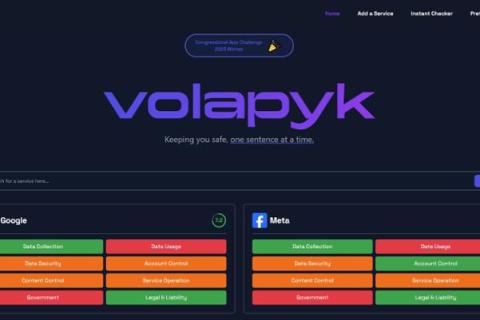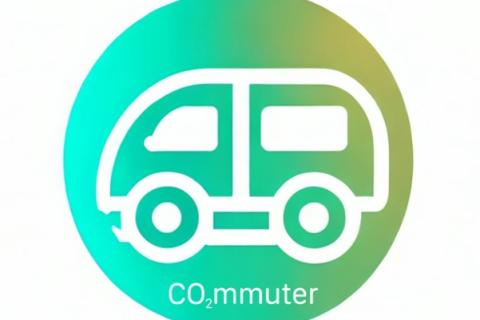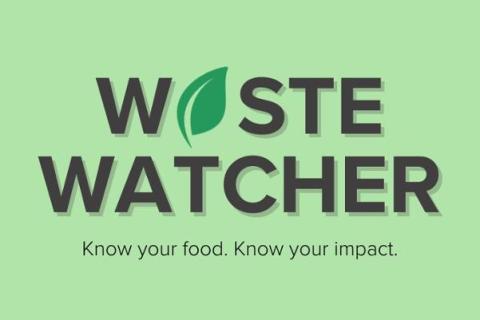Rep. Smith Announces Ninth District Winners of the 2023 Congressional App Challenge
WASHINGTON, D.C. – Today, Representative Adam Smith (D-Wash.) announced the winners of the 2023 Congressional App Challenge from Washington’s Ninth District. This year’s first-place winner is Volapyk, created by Davin Aoyama and Abhay Raj from Mercer Island High School. The second-place winner is Commuter, created by Piyush Acharya, Nishant Vikramaditya, and Aarnav Bhat from Interlake High School. The third-place winner is Waste Watcher, created by Elizabeth Nguyen and Aiden Yav from Hazen High School.
“Each year, the Congressional App Challenge presents an opportunity to promote STEM and computer science education and recognize young people who have a talent for coding. Congratulations to Davin Aoyama and Abhay Raj for taking first place in this year’s challenge for their app, Volapyk, which is designed to improve data privacy. I also want to give a shout out to our second and third place winners Piyush Acharya, Nishant Vikramaditya, and Aarnav Bhat and Elizabeth Nguyen and Aiden Yav for their apps Commuter and Waste Watcher,” said Rep. Adam Smith. “These students further proved that coding helps us make progress on many of the challenges we face, from data protection to emissions reduction to food waste. I commend their hard work and thank all the students in the Ninth District who participated in this year’s challenge. I will continue to look for ways to encourage STEM and computer science education among our future generations.”
See below for more information about this year’s winning apps.

First Place
Volapyk
Davin Aoyama, Mercer Island High School, 12th Grade
Abhay Raj, Mercer Island High School, 12th Grade
Volapyk uses advanced machine learning technologies and processes to score privacy policies and terms of service. Users will be able to see the most pertinent data about any service and how it protects or infringes on their privacy. They will also be able to add services and links to be processed in our community-sourced service approach. Specific quotes will also be pulled for each service to back up the score if users wish to see more in-depth information. Users can also change their privacy preferences within our app and have all scores updated accordingly. Overall, Volapyk is a fusion of AI processes (zero-shot text classification, cosine similarity), database optimization (PostgreSQL, AWS Hosting), web technologies (Next.js, Tailwind, Prisma), and complex mathematics (gradient descent, etc.) that create easy to understand data for our users.

Second Place
Commuter
Piyush Acharya, Interlake High School, 10th Grade
Nishant Vikramaditya, Interlake High School, 10th Grade
Aarnav Bhat, Interlake High School, 10th Grade
Commuter allows users to compete with their friends and family to see who can save the most CO₂. After signing up and logging in, users record their Commutes (Bike, Walk, Bus, EV, etc). A gamified way of competition promotes users to choose greener and cleaner modes of transportation - as they try to climb a leaderboard to be more successful. Users have the ability to view other users' Commutes through the app, as well as their impact on the environment as well as their own. Users join and create clubs to compete with friends and family. This system makes users more psychologically aware of their impact on the environment through transportation. Overall, users can record and track their own and their friends and family's impact on the environment, promoting more sustainable transportation methods.

Third Place
Waste Watcher
Elizabeth Nguyen, Hazen High School, 11th Grade
Aiden Yav, Hazen High School, 11th Grade
WasteWatcher is a simple grocery-tracking app that aims to help users reduce their household food waste by recording information about the food the user buys. It allows users to input grocery items; information such as the food's name, purchase date, expiration date, and food type is saved into Google's Firebase database. This allows users to easily track expiration dates. Each food is also assigned a status based on the information given and the user's own input: stored, thrown away, eaten, or expired. The app has the ability to analyze the user's food statistics by breaking each food into different categories and allows users to easily visualize their nutrition habits by seeing which foods they are more often to eat, throw away, or allow to expire. This assists users in developing more sustainable eating habits. Each user's data is linked to a unique account that they can log in from any device with the app.
The Congressional App Challenge is a national competition aimed at encouraging middle and high school students to learn how to code by creating their own apps.
To learn more about the Congressional App Challenge, click here.
###